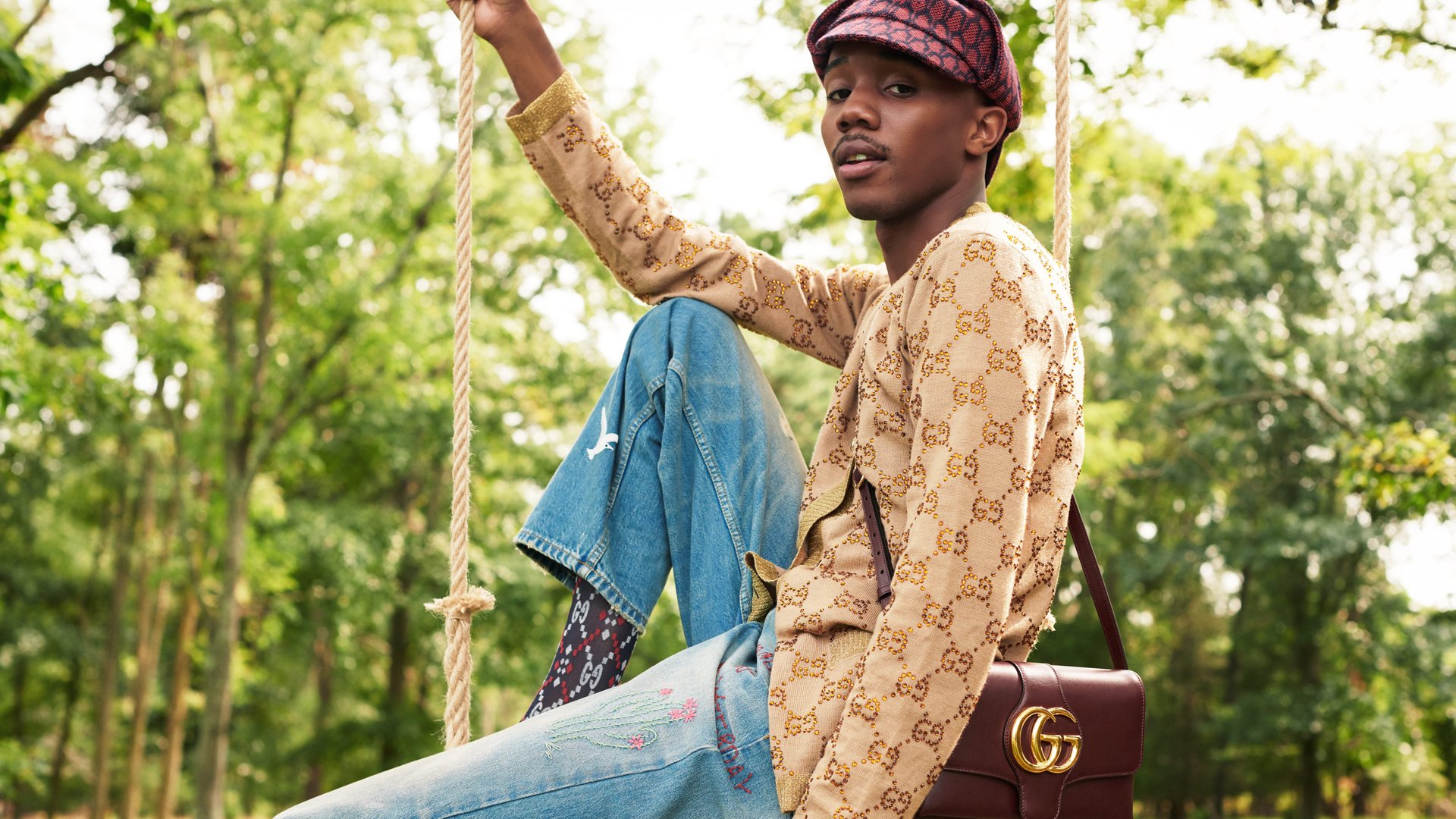Luxury labels like Gucci are taking notice of the booming secondhand market
In the latest sign luxury companies can’t ignore the booming secondhand market, Gucci and luxury consignment site The RealReal today announced a new partnership.


In the latest sign luxury companies can’t ignore the booming secondhand market, Gucci and luxury consignment site The RealReal today announced a new partnership.
Through the end of the year, The RealReal will have a dedicated portal on its site for Gucci products. Some of the more than 2,000 items will be consigned by The RealReal’s customers, but Gucci is supplying products as well. They are items the label primarily used for occasions such as photoshoots and were never previously sold, according to The RealReal’s head of communications, Erin Santy.
The companies are pitching the deal as a sustainability effort. Watchdogs have called for fashion to embrace a circular model, where clothing gets reused rather than discarded, to address the industry’s damaging environmental impact. A healthy resale market is vital to this aim. The companies will also be donating to nonprofit One Tree Planted based on the sales.
But it’s also a further sign the luxury industry recognizes embracing resale is in its own interest. Just a decade ago, buying used luxury fashion typically meant trawling consignment shops looking for occasional gems among cramped clothing racks. Online options were mostly limited to small sites and eBay. But as e-commerce has spread, sites such as The RealReal devoted to luxury resale have flourished, creating a booming secondhand market that is drawing legions of new customers.
Boston Consulting Group (BCG) estimates the market for secondhand apparel, footwear, and accessories to be between $30 billion and $40 billion globally. While that’s just a fraction of the total luxury market, which hit €1.3 trillion ($1.5 trillion) in 2019, growth of the secondhand market has outpaced the broader industry’s for years (pdf). BCG’s research suggests it will grow 15% to 20% per year over the next five years. “That is significantly faster growth than the fashion and luxury market overall which, pre-Covid-19, was growing in the low single digits,” Sarah Willersdorf, the firm’s head of luxury, said in an email.
Luxury companies are trying to find ways to capitalize on this growth, much of it fueled by the younger shoppers they want to attract. UK department store Selfridge’s has partnered with Vestiaire Collective, an online resale site headquartered in Paris. Ralph Lauren has teamed with app-based marketplace Depop. Fashion companies Stella McCartney and Burberry have previously done deals with The RealReal focused on getting shoppers to consign goods, again emphasizing sustainability. (Gucci is the first to also promote buying its products used, Santy said.)
The relationship between luxury and its resellers hasn’t always been smooth. Chanel has taken The RealReal to court, alleging it has sold counterfeit versions of Chanel products. And Gucci theoretically loses a sale if a shopper opts to buy a used Gucci bag from a consignment shop rather than buying new from Gucci.
But analysts believe the secondhand market generally helps rather than hurts the primary market. It offers an entry point for new shoppers into luxury, allows established customers to use sales of used goods to fund new purchases, and justifies the high prices of luxury goods by letting customers know they can recoup some of the purchase price if they want to resell them. With experts predicting secondhand luxury will be more resilient to the pandemic than the broader industry, more deals seem likely.